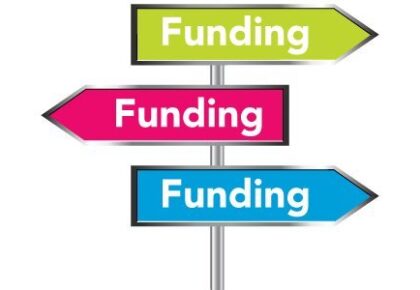Funding 2025
The Wharfedale Foundation plans to award almost £400,000 in funding in September 2025 as it spends out its remaining capital and closes down. The last ever funding round will be open for Expressions of Interest from 28 April – 30 May 2025 with selected organisations invited to submit full applications by 30 July.










